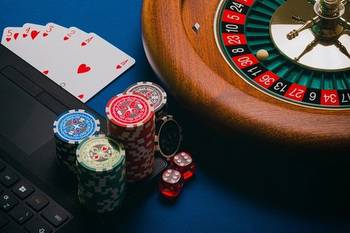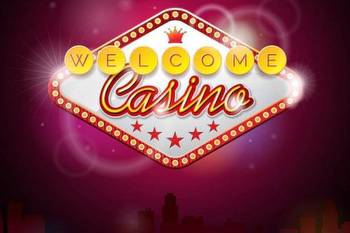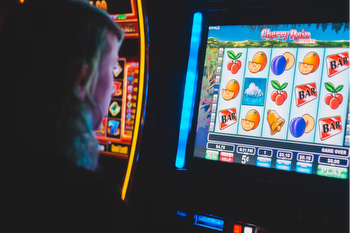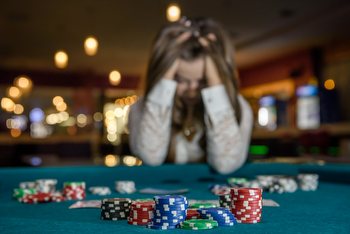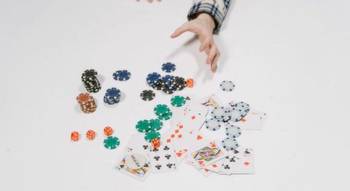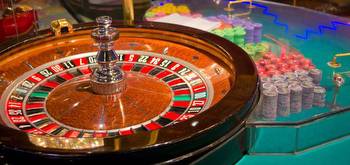Mental Health of Casino Players: Key Factors Causing Ludomania

Recently, the problem of gambling has become extremely important due to the widespread distribution of cash slot machines, the opening of many casinos, as well as bookmakers (including online). All of them are beautifully designed, which enhances the willingness of people to win in a short time and a constant desire to recoup and win more.
Slot machines have been around the world for a long time. So, back in the 1970s in England, the problem of low cinema attendance arose, up to the need to close them, due to the growing popularity of slot machine halls. How does the gambling addiction appear and what are the main categories of gamblers? Read below.
Meanwhile, if you do not belong to the category of avid gamblers, and your purpose is only to have some fun – you can read the newest casino review and book of ra by following the link.
When the Norm Develops into a Problem
Ludomania is a pathological tendency to gamble, which consists of frequently repeated episodes of participation in gambling that dominate a person’s life and lead to a deterioration of social, professional, and family values: such a person does not pay due attention to their duties in these areas. Experts from the American Psychiatric Association identify several types of gamblers:
- Social players – These are people who use gambling as a means of entertainment and communication with like-minded people;
- Problem players – For them, gaming is a way to solve their social problems;
- Frequent players – They perceive gambling as an integral part of their lives and cannot control the frequency or the size of their bets;
- Gambling addicts – These are the people for whom gaming activity is an uncontrollable necessity, accompanied by emotional tension and an inability to think critically.
The experts of this association consider the most vulnerable category of gamblers to be the fourth. At the same time, according to the WHO International Classification of Diseases, gambling addiction is a pathological craving for gaming, the essence of which is the constant return of a person to the game.
“Gambling sessions dominate the patient’s life, damaging their social, professional, material, and family values and obligations,” this is how WHO defines gambling addiction.
Mental Health As the Key Factor
One of the most important factors in the development of addiction is the state of a person’s mental health. Experts assure that people with mental disorders are much more likely to develop a gambling addiction. During the COVID-19 pandemic, the economic component also played a big role: many people are more likely to turn to gambling as a means of earning money and solving their financial problems. Strategic thinking errors in addiction include the following internal beliefs:
- Believing in a winning/lucky day;
- Thinking that there must be a turning point in the game;
- The idea that it is possible to repay debts only with the help of the game, that is, to win back;
- Emotional connection only with the last episode of the game while giving yourself the word never to play;
- The belief that you can only play with a part of the money;
- Perception of money during the game as chips or numbers on the display, etc.
All the above-mentioned beliefs indicate that you most likely have a gambling disorder.
Where to Ask for Help?
Those who wish can contact specialists about restrictions on gambling for themselves or their loved ones, as well as finding specialists for the treatment of addiction, can usually contact the support service of the casino or a responsible regulator.
“The relatives of any person with addiction can write a statement to the regulator, put their name in the register of banned players, and entry into legal casinos will be closed for such a person”, says an expert.
Among the methods of treatment, experts distinguish the replacement of gambling with sports, communication with friends, any hobby, relaxation, and meditation techniques. Experts also suggest planning your time in advance and avoiding idleness: you can join a sports team or any club of interest, sign up for a training program, become a volunteer, etc. In some cases, participation in communities that deal with gaming problems can help. But if you notice signs of serious mental disorders and uncharacteristic mood changes, you should immediately seek help from healthcare professionals.
Treatment of gambling addiction cannot be quick: it must be comprehensive and lengthy. It is necessary to show patience and perseverance to get rid of this serious illness. In many ways, getting rid of gambling addiction is associated not only with the restoration of the mental health of a pathological player but with a reassessment of life priorities and a lifestyle change. Not only specialists (psychiatrists, psychotherapists) should be involved in the treatment process, but also the patient’s relatives and friends.















